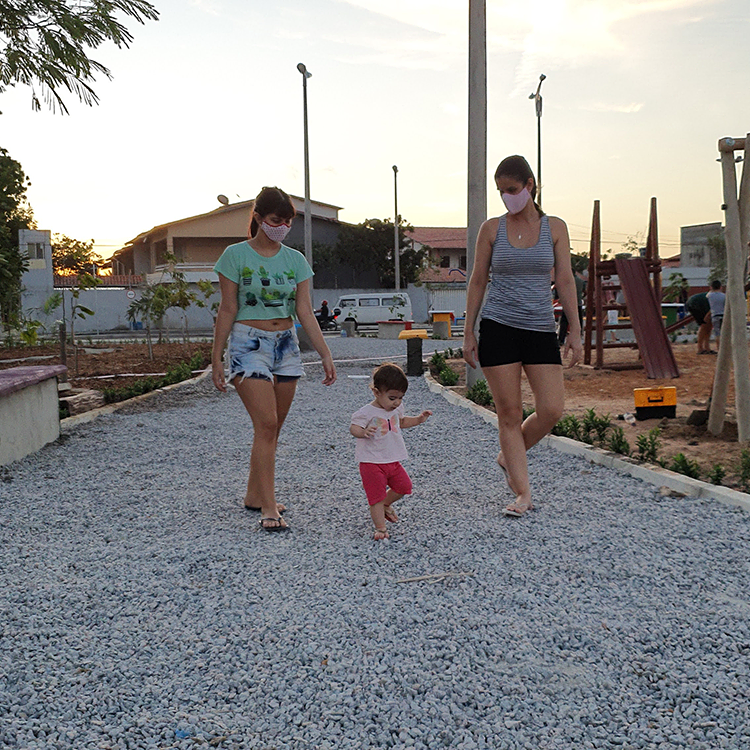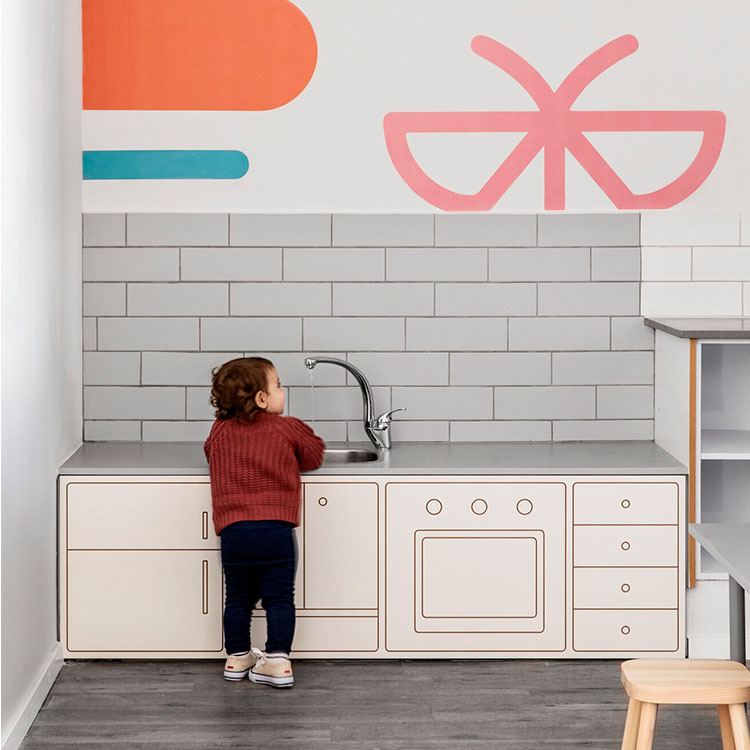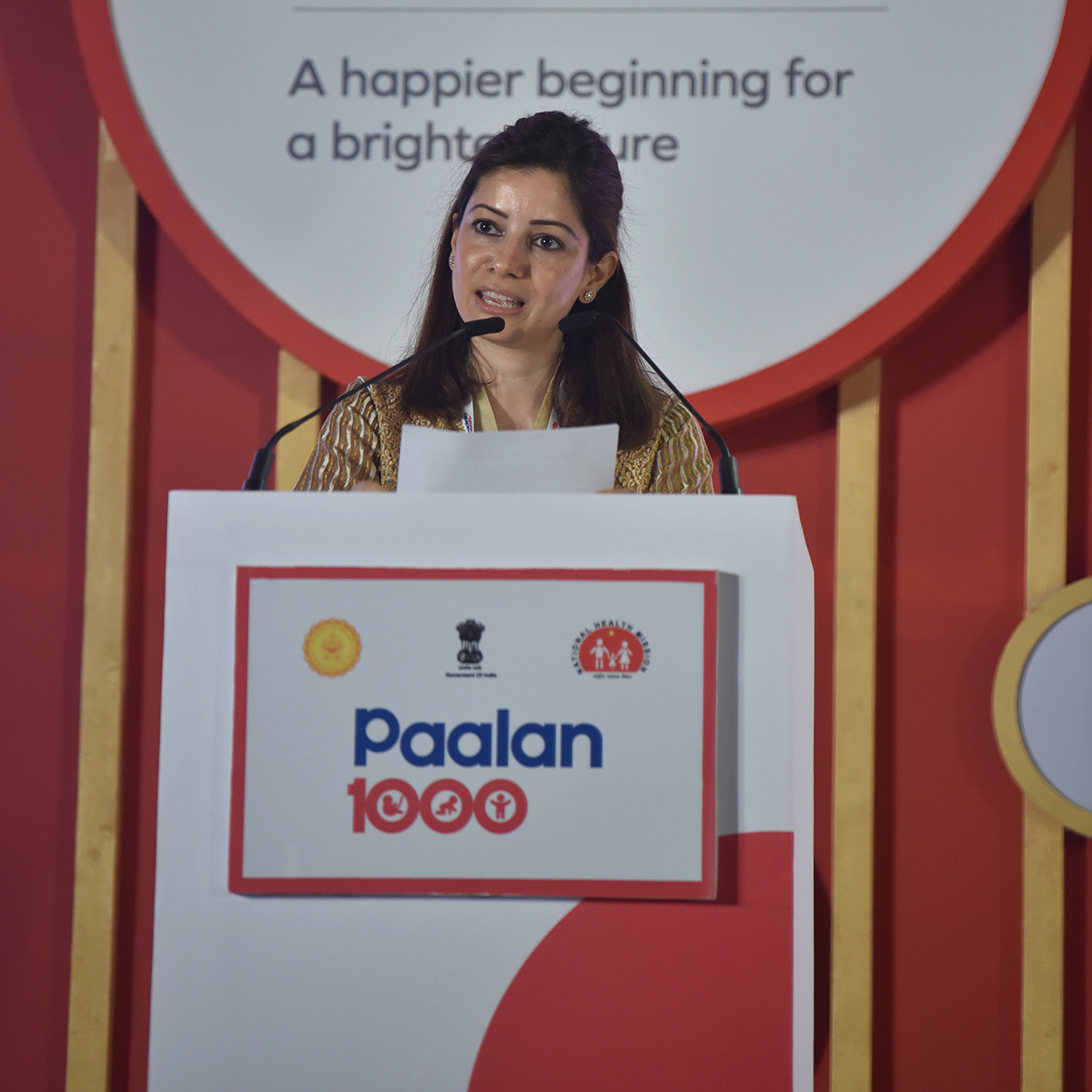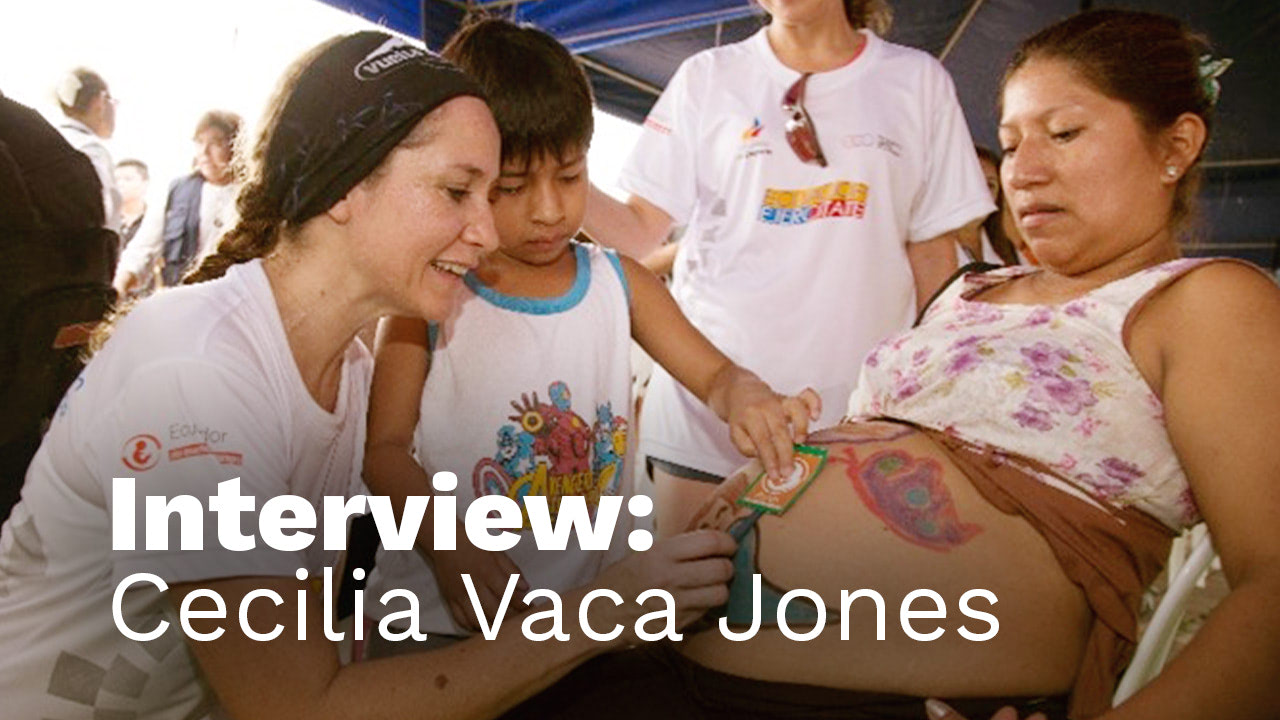Many parents want to do more, and insights from behavioural science can help
The evidence is clear: outdoor play supports children’s socio-emotional, cognitive and physical development, especially during the first 1,000 days. It establishes positive habits that can prevent obesity later in childhood. Spending time outside also helps parents’ mental health.
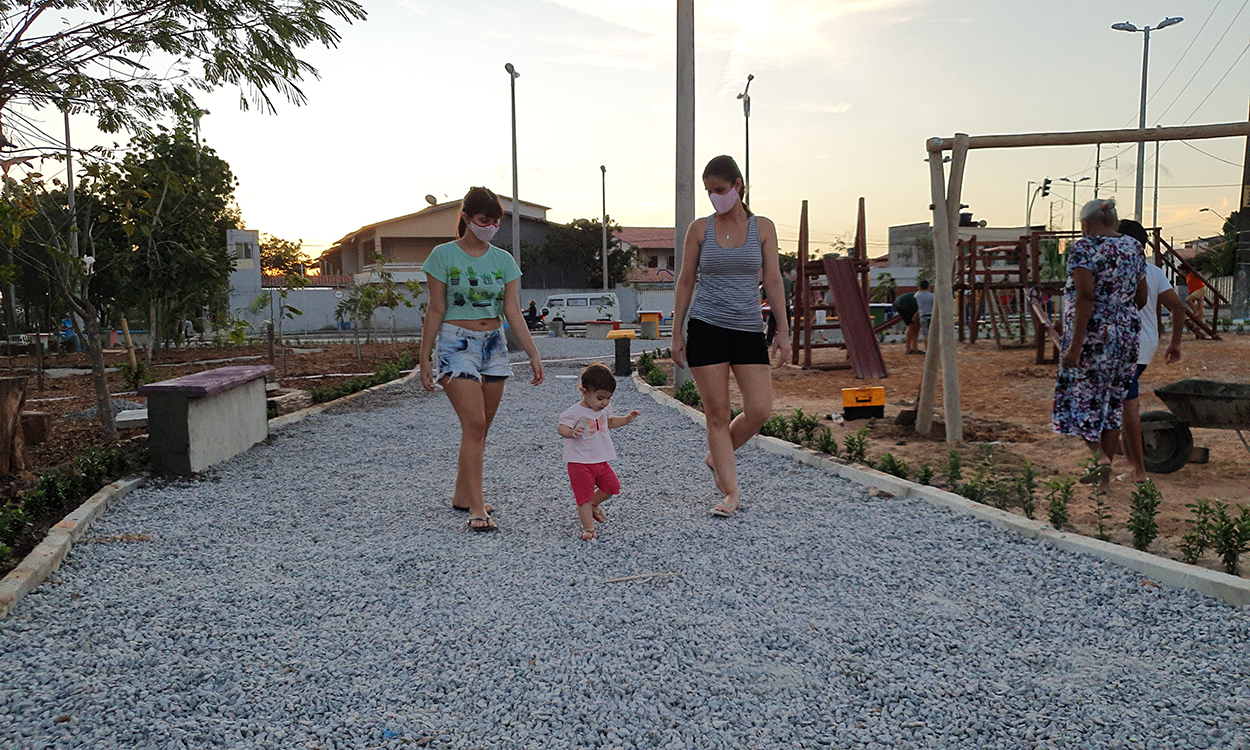
Photo: Courtesy of Tais Costa
But anyone with small children understands that spending time outdoors isn’t as easy as it sounds. In many cities, the nearest park may be far away or hard to access with public transportation. Often these spaces aren’t designed with the needs of babies, toddlers and their parents in mind. Spending time on digital devices is a tempting alternative for young children and stressed parents alike.
Some parents may not know about the importance of outdoor play. Often, however, parents have good intentions about spending more time outdoors with their children – they just struggle to follow through. Although it is important to invest in more and better playgrounds and transport infrastructure, and educate parents about the value of outdoor play, it is not sufficient. We need also to apply behavioural science to understand how to support parents to put their good intentions into practice.
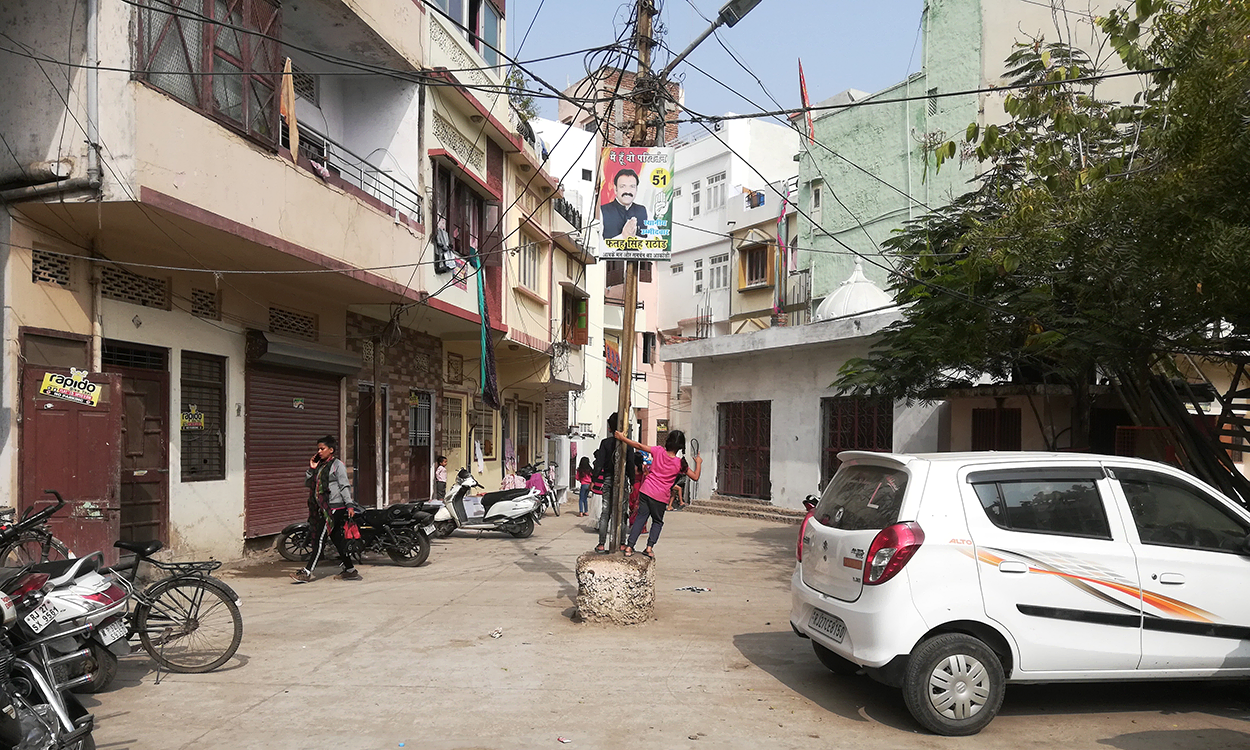
Photo: Courtesy of Urban95 Udaipur, Udaipur Municipal Corporation/Bernard van Leer Foundation and ICLEI-SA
In January 2022, the Bernard van Leer Foundation supported the first edition of a new course on Behavioural Science and Early Years, together with INSEAD, Save the Children, BVA Nudge Unit, and the Conrad N. Hilton Foundation. Teams of communicators, urban planners, healthcare professionals, government officials and private sector representatives from the Netherlands, Jordan, Brazil and the United Arab Emirates gathered in France to explore how to improve the lives of children aged 0-5 by influencing the behaviours of caregivers, professionals and government officials.
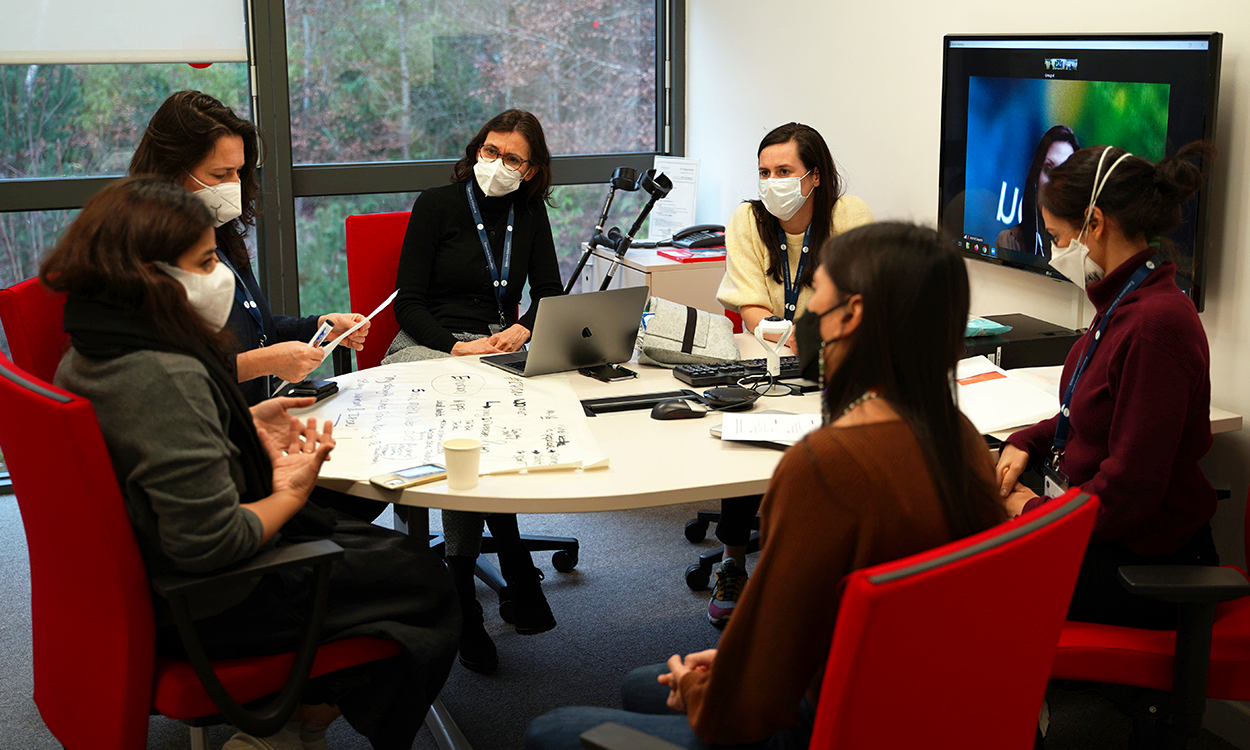
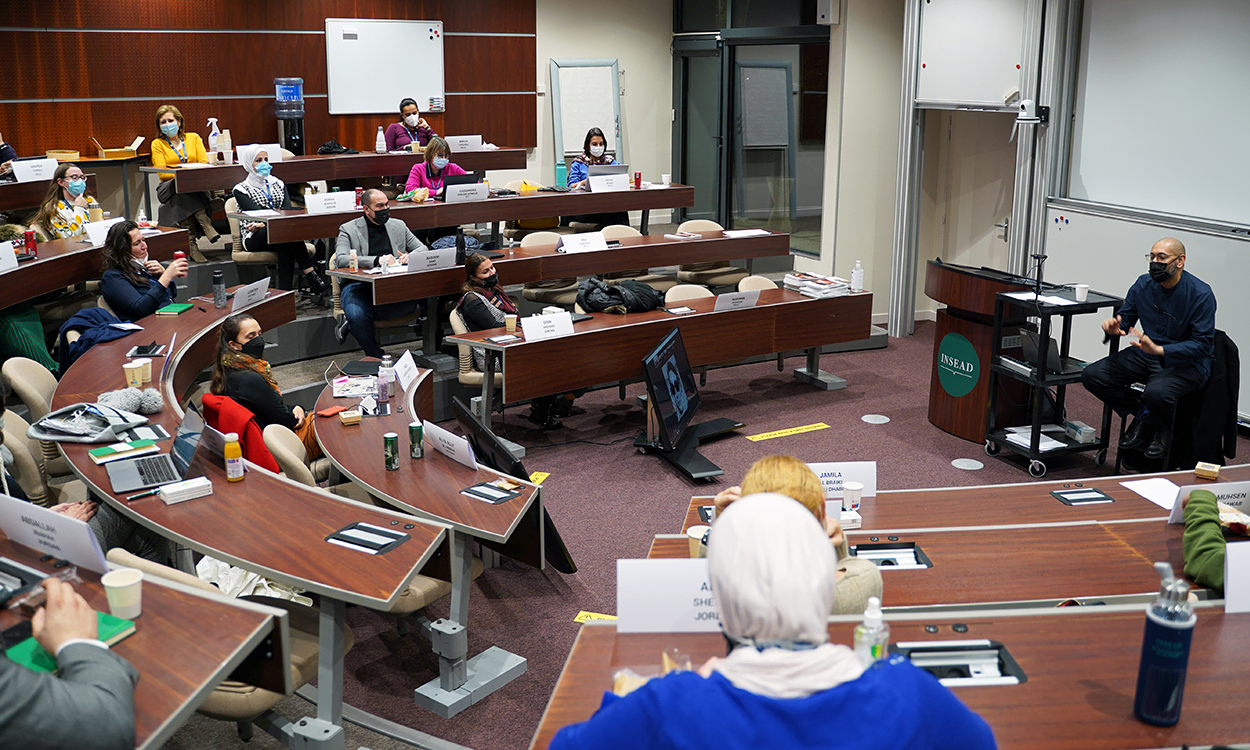
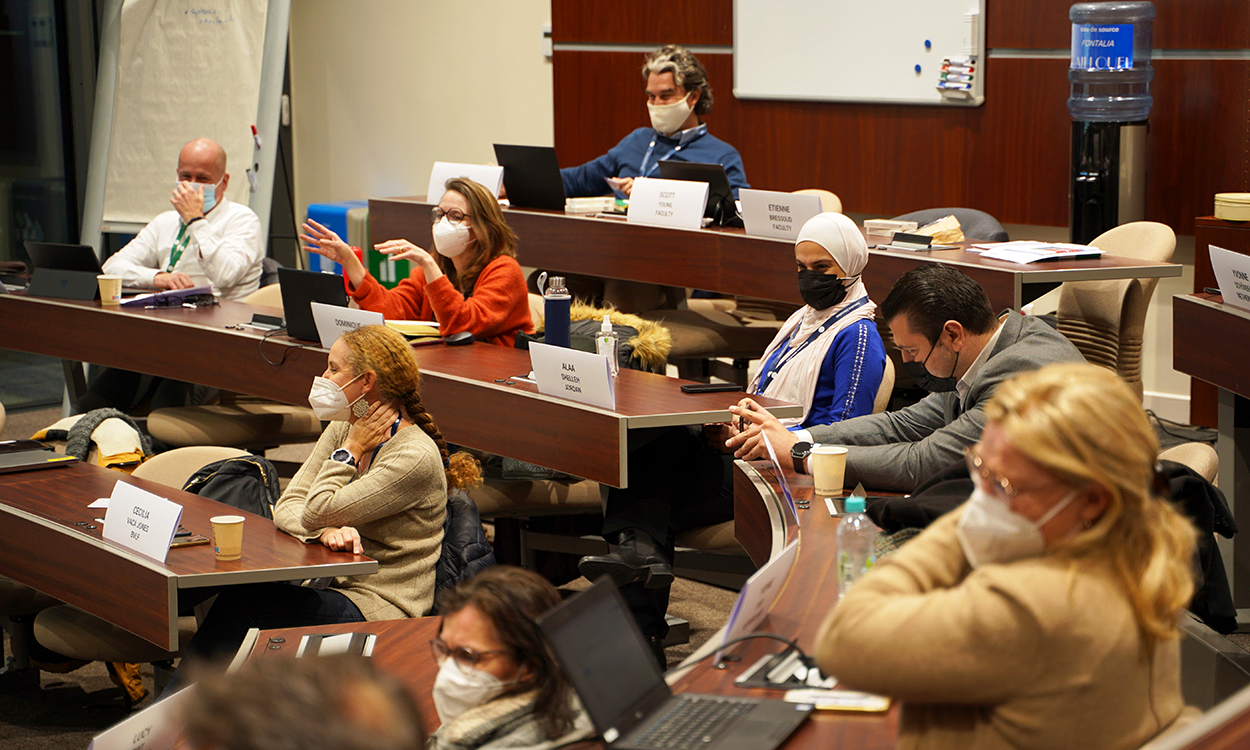
The course is designed to address a wide range of positive parenting behaviours – from reading to nutrition to positive discipline – that many parents understand the value of, but struggle to put into practice. In this first edition of the course, encouraging more outdoor play was a common focus.
Before we can change behaviours, we need to understand the barriers
To develop effective interventions in behavioural science, you first have to understand the barriers in the way of the behaviour you want to encourage. For example:
- The Brazil team hypothesised that caregivers are often put off primarily by the logistical hurdles they face in getting to their nearest outdoor play space.
- In Jordan, public spaces often feel unsafe for parents of young children. This is especially true in the evenings, but it is often too hot to play outside during daytime.
- The Netherlands team observed that disadvantaged families are least likely to use outdoor play spaces, for reasons that remain unclear.
These issues can be better understood by conducting interviews with caregivers and accompanying them on their journeys to local play spaces.
Across all the countries, parents report that lack of free time is a major barrier
Busy parents often plan playtime in the afternoon or evening but fall behind with all their other daily tasks. This reflects both genuine time scarcity and a cognitive bias called “planning fallacy”, in which people repeatedly underestimate how long it will take them to complete regular chores.
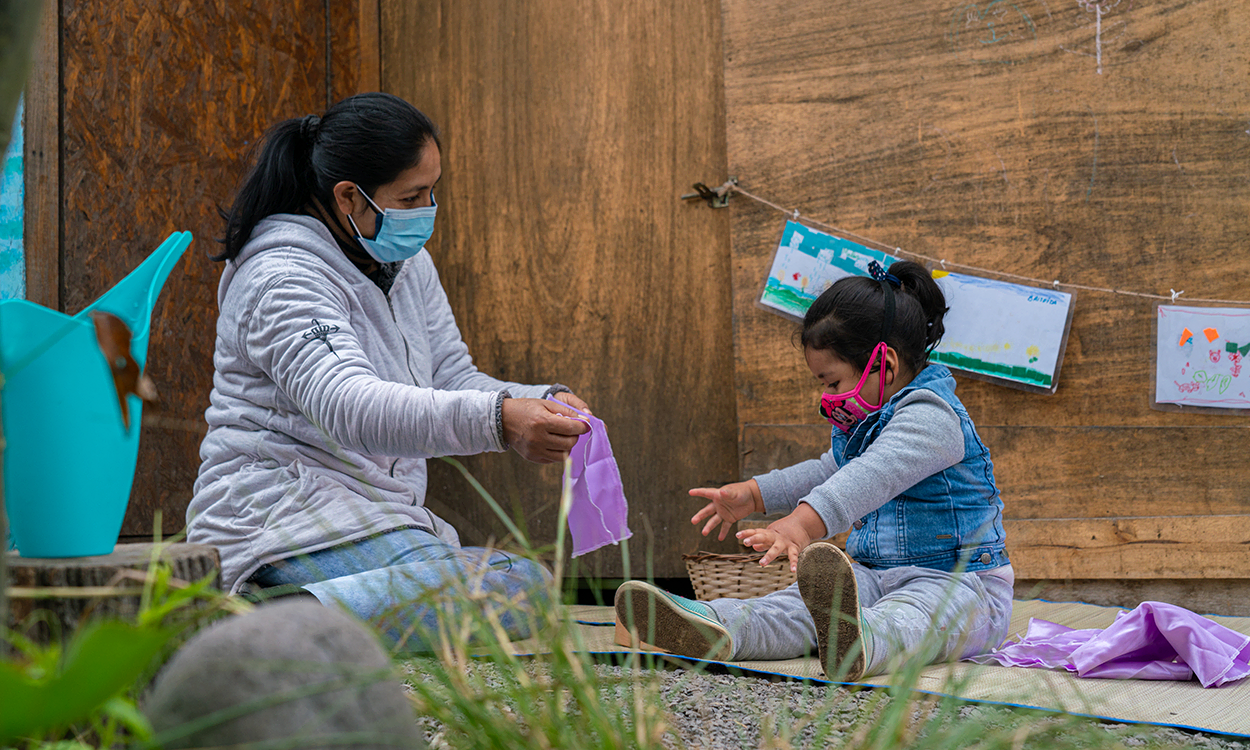
Photo: Courtesy of Reinier van Oorsouw/Bernard van Leer Foundation
The teams discussed preliminary ideas to address these issues, such as: integrating outdoor play into existing daily tasks; reframing outdoor play as something that can be done even for short periods; focusing on weekends, when time constraints may be less severe; and leveraging the power of social norms and peer support by encouraging groups of parents to spend time outdoors together with their babies and toddlers.
How to measure the impact of behaviour change for outdoor play
The course also asked how to measure the impact of interventions. As many parents already know about the importance of outdoor play, the teams agreed that it is not useful merely to measure parental attitudes. Instead, they have to try to capture increases in outdoor play itself.
In all the teams’ countries there is data on the number and location of parks and playgrounds, but almost no data on who uses them, how frequently and for how long. Making observations on caregivers and toddlers playing outdoors is a first step, but it doesn’t provide data on how many are not playing outdoors and why. Surveys of parents can help, but previous studies indicate that parents often over-estimate the time they spend on activities with their children.
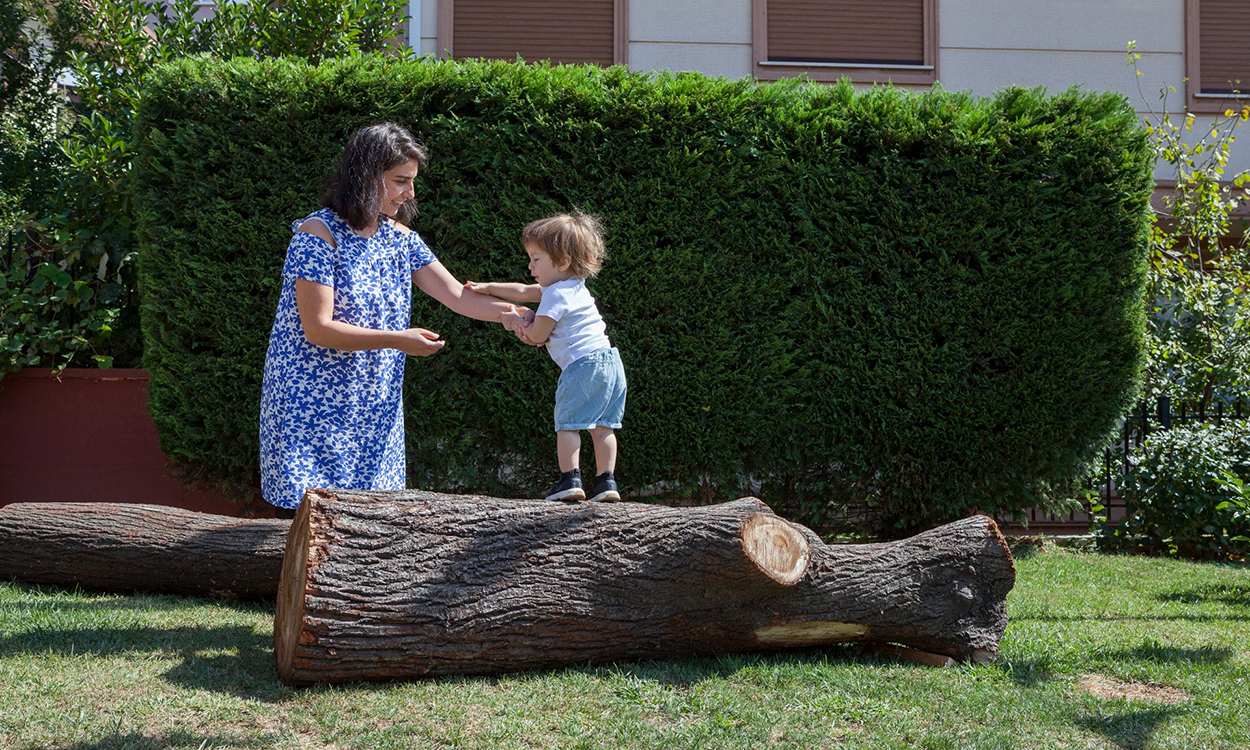
Photo: Courtesy of Engin Gerçek/Studio Majo
Most participants agreed on the need for mixed methods: observation, quantitative surveys, and more in-depth qualitative interviews and focus groups to better understand what’s going on.
The importance of play is increasingly recognised, as evidenced for example by the Lego Foundation’s recent USD 143 million “Build a World of Play” challenge. Efforts to promote play must be underpinned by behavioural science-based approaches to support parents to follow through on their good intentions. The teams are now working on testing different interventions with ongoing support from behavioural science experts.
Bernard van Leer Foundation’s flagship journal, Early Childhood Matters will focus on behavioural science this year. Sign up here to be notified when it is published.
